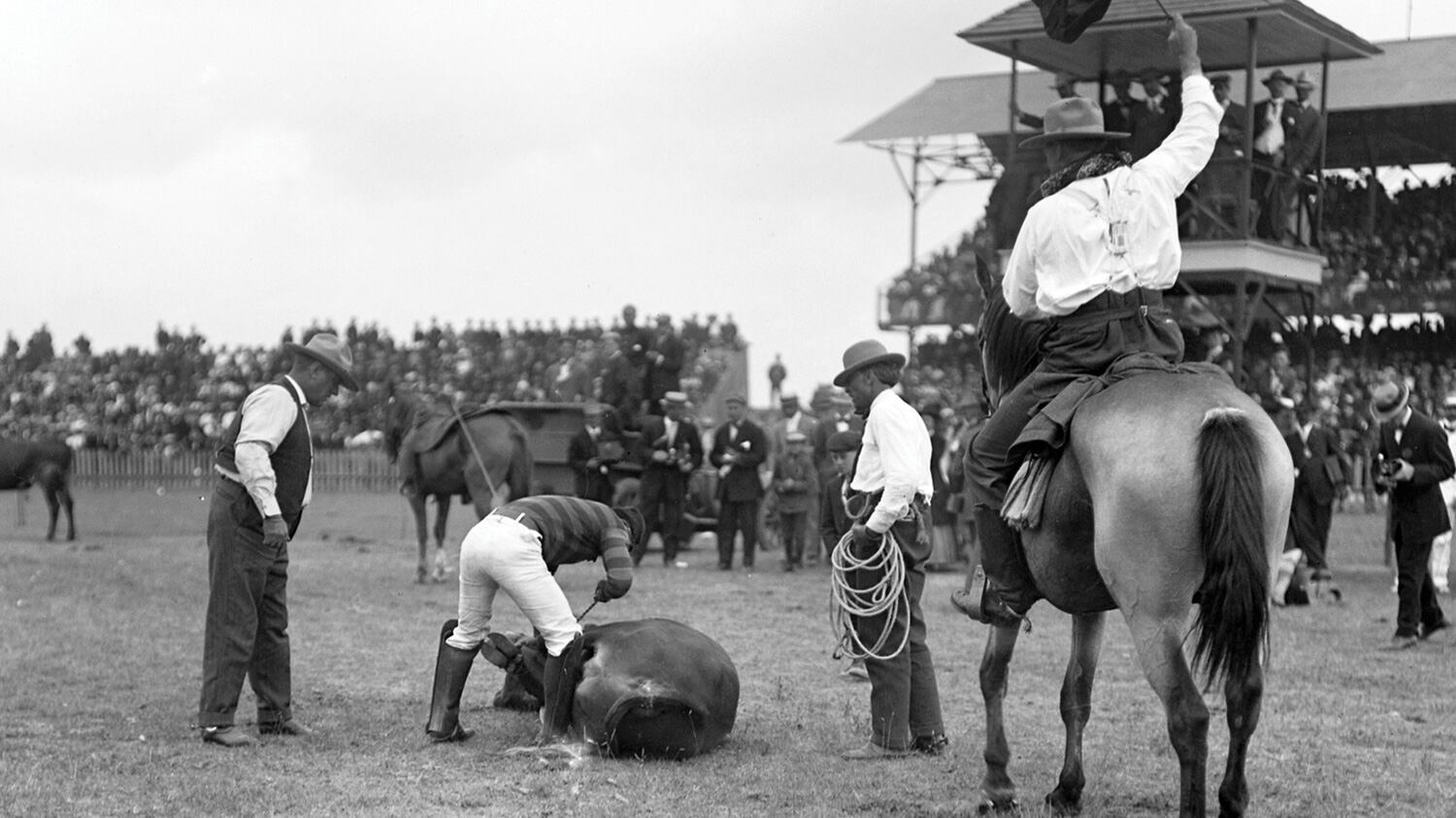Despite the wisdom of your Little League coach, sports are never really just a game—and they certainly aren't about having fun. From local sports rivalries that pit kids from different tax brackets and ZIP codes against each other to international showdowns between warring powers, sports bear the weight of the social and political tensions of their time.
Such was the case at the 1908 Frontier Days Rodeo in Cheyenne, Wyo. As detailed in Aloha Rodeo (William Morrow, 256 pages, $27.99), a new book of historical narrative from Portland authors David Wolman and Julian Smith, what was ostensibly a showcase of ranching skills held for a Wild West-crazed audience became a battleground for colonial tensions within the country. U.S. business interests and military forces had recently colluded to overthrow the Hawaiian monarchy, and who should show up at Frontier Days to challenge the top cowpunchers in the West but three Hawaiian cowboys?

That's right—Hawaiian cowboys. As Wolman and Smith outline, Hawaii developed a rich tradition of cattle-wrangling, dating to when livestock were first introduced by British colonialists as a way of maintaining a foothold on the archipelago. Over time, beef became a major industry in Hawaii, with paniolos, as the cowboys became known, braving lava flows and shark attacks to drive cattle from the Big Island's craggy peaks down to the ships in its harbors.
Establishing the context for the rodeo is no small task. Wolman and Smith start with the first cattle to touch Hawaiian soil and discuss the evolution of the industry to the present day, all while interweaving notes about Hawaiian geopolitics and relations to foreign powers.
But their attention to detail—from the visceral experience of trapping a wild steer to the colorful characters that populate the narrative—makes it easy to negotiate. By the time the authors introduce the paniolos who are to compete in Frontier Days, readers have enough context to truly appreciate what was at stake in this competition: not just athletic dominance but the acknowledgement of a distinct yet newly American culture.

Like all of the best sports stories, Aloha Rodeo is a triumphant underdog tale, both in terms of how deeply the paniolos were underestimated at Frontier Days and how Wolman and Smith are able to successfully blow up a piece of historical minutia into a sweeping epic. Through a combination of thorough research and literary prowess, the pair manage to turn an obscure footnote into a gripping narrative.
GO: David Wolman and Julian Smith talk with Andrew Proctor at Powell's City of Books, 1005 W Burnside St., powells.com, on Thursday, May 30. 7:30 pm.
